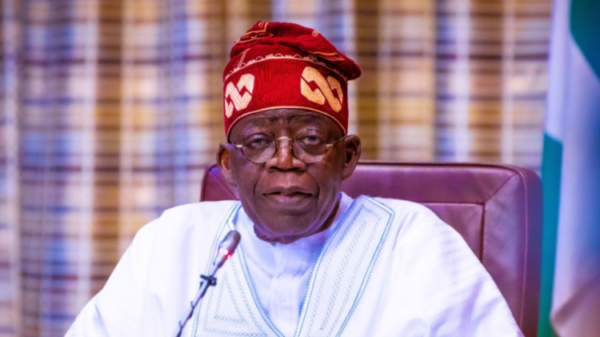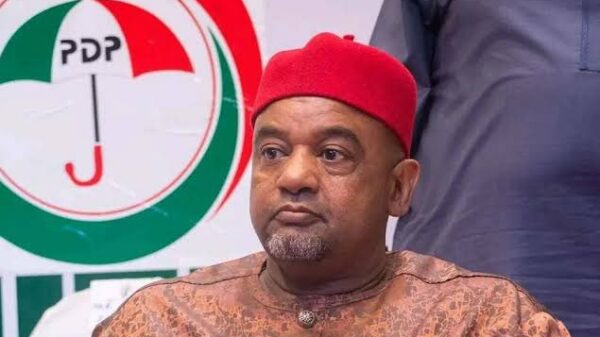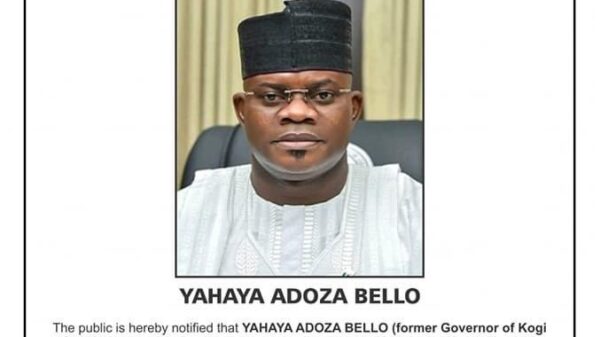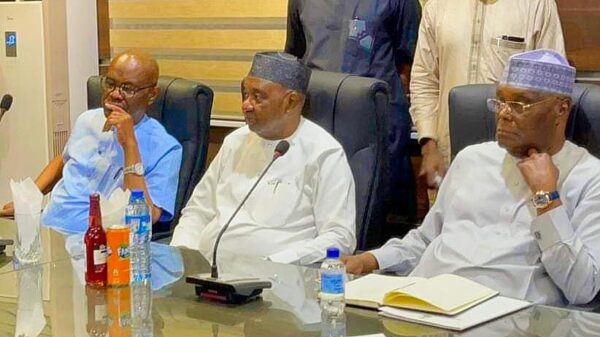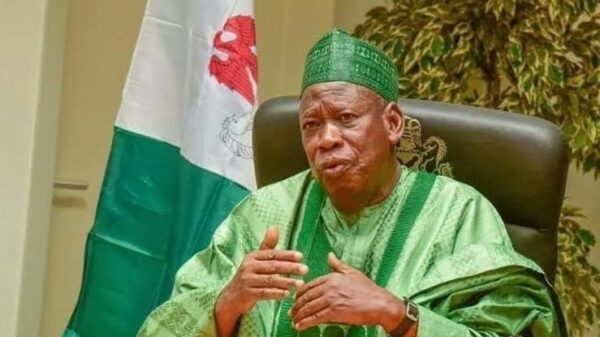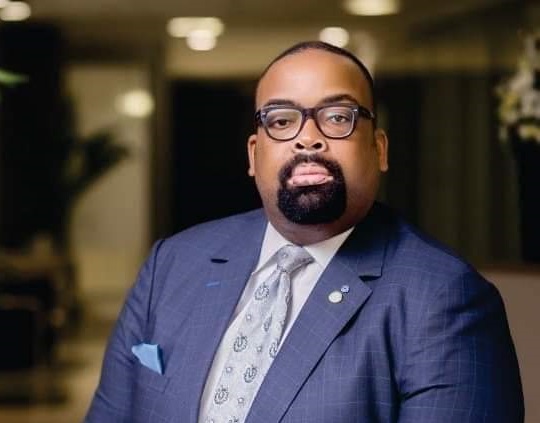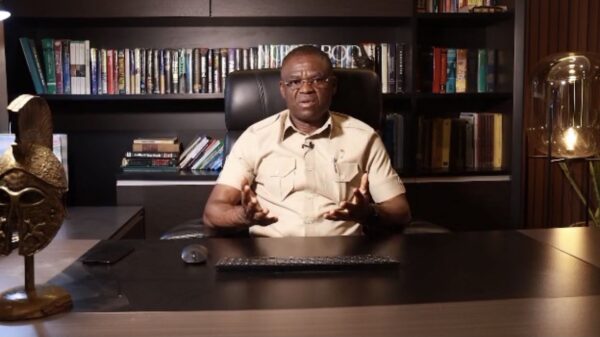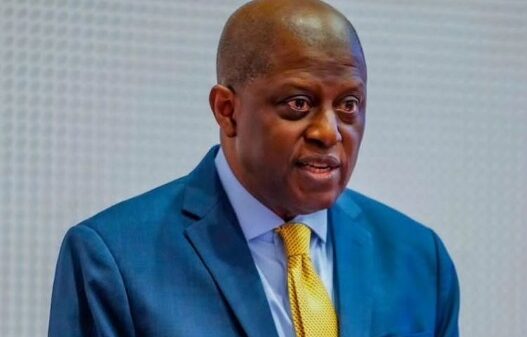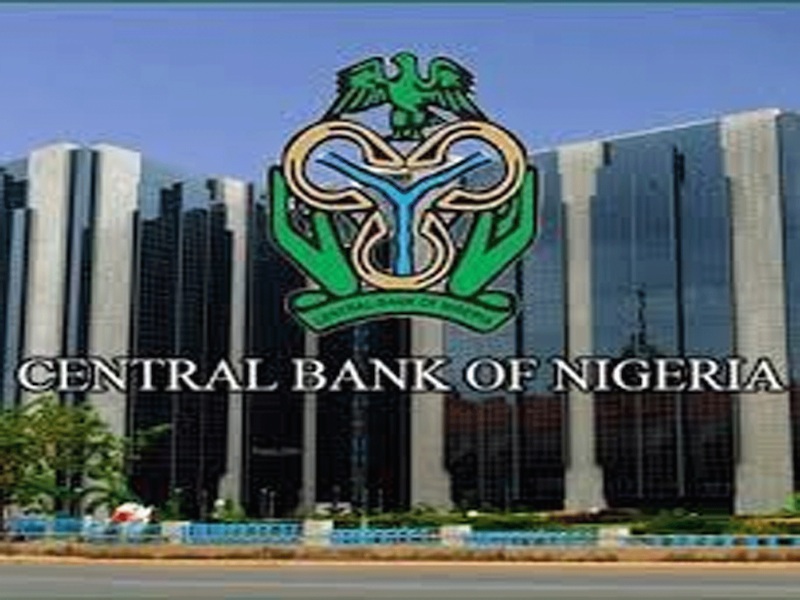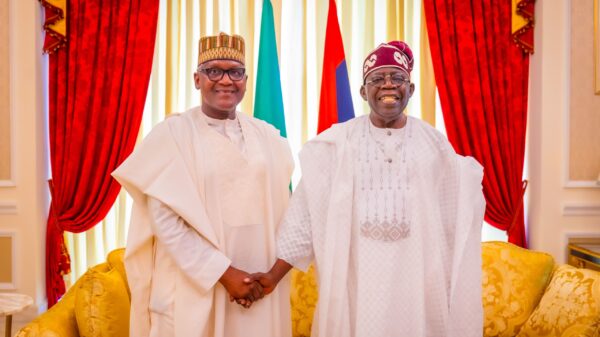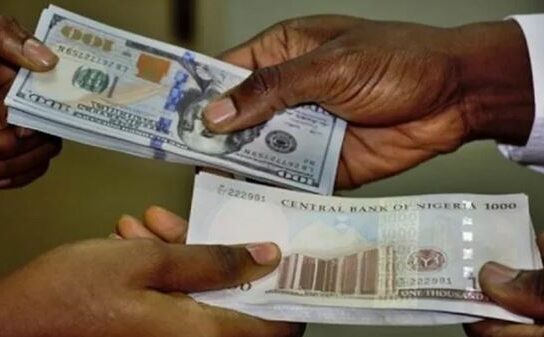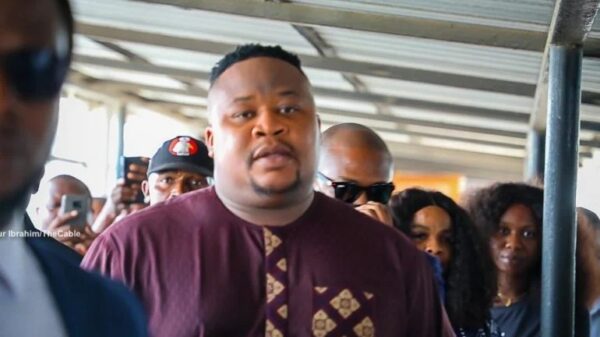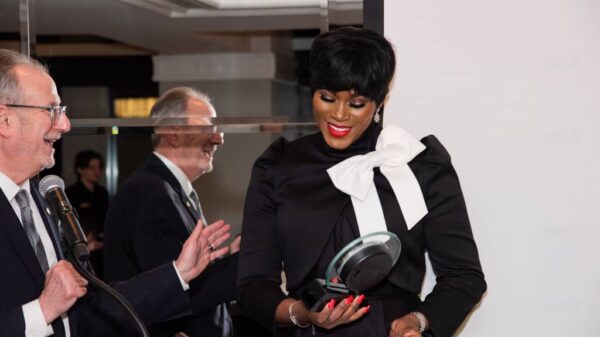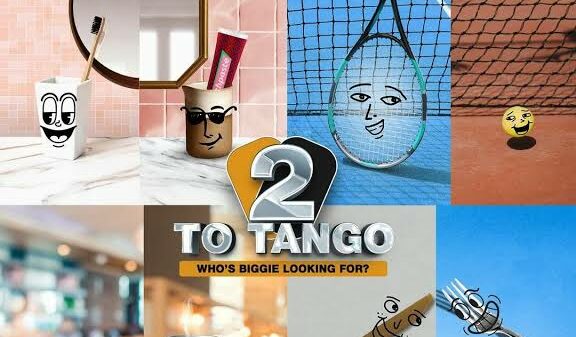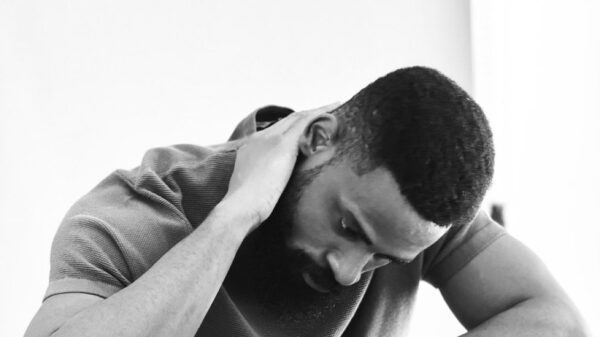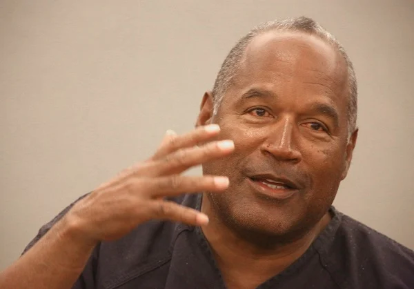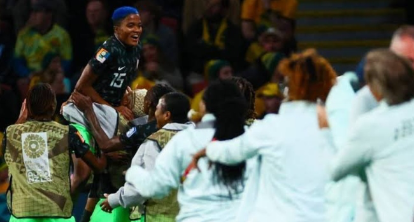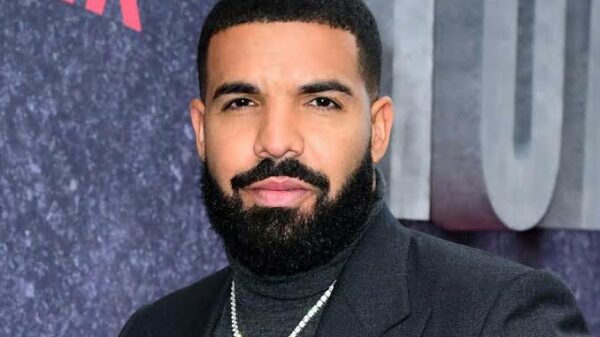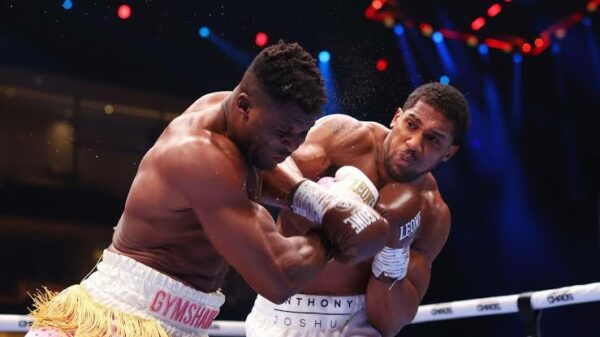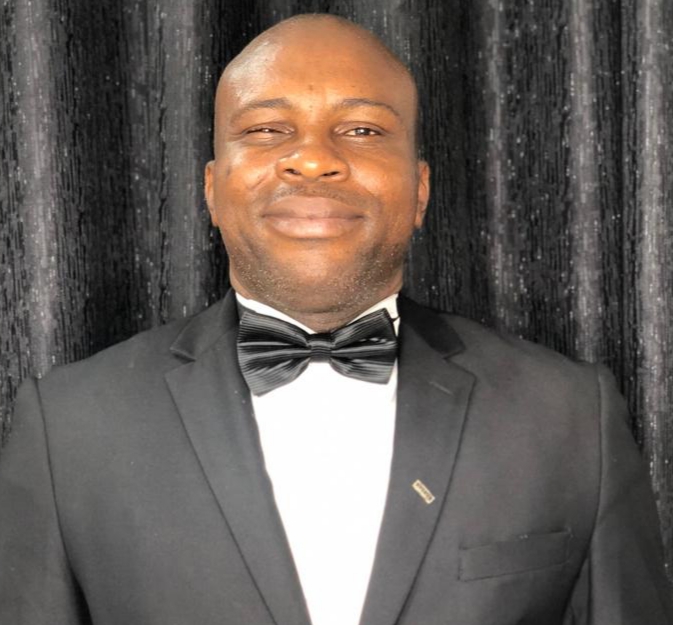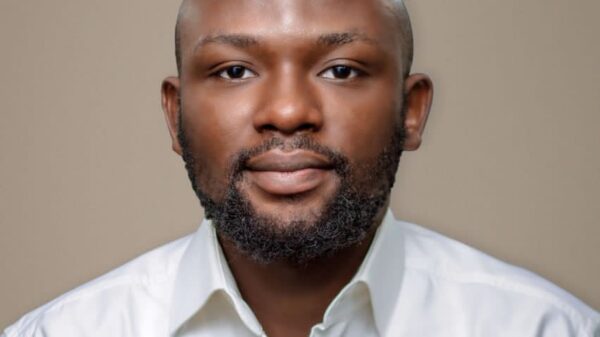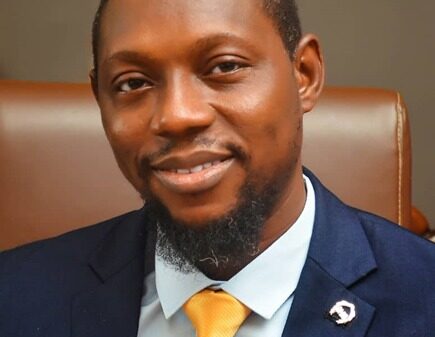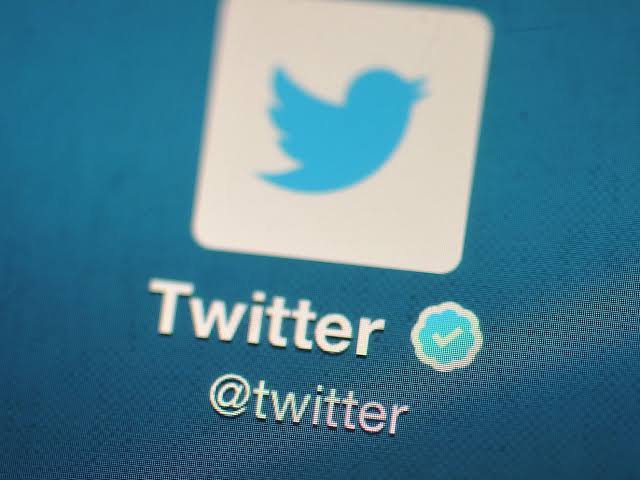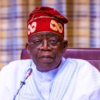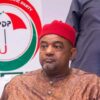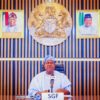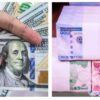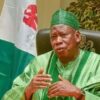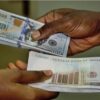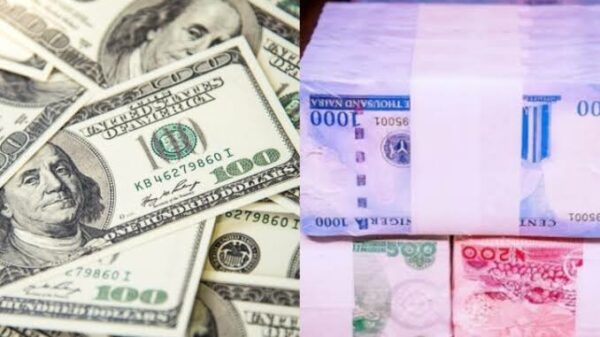From India to Nigeria, the microblogging platform Twitter has had a history of tussle with authorities of different countries.
Gatekeepers News reports that on Friday, June 4, 2021, the Federal Government of Nigeria through its Information Minister, Lai Mohammed, announced that it was suspending the operations of Twitter in Nigeria “indefinitely”.
In a statement announcing the suspension, Mohammed said the decision was made because the social media platform was being used for activities that were “capable of undermining Nigeria’s corporate existence.”
The move came two days after the social media giant pulled down a tweet by President Muhammadu Buhari wherein he spoke about the Nigerian civil war experience and threatened to deal with those “bent on destroying” Nigeria “in the language they understand.” The war was fought between July 1967 and January 1970.
“Those of us in the fields for 30 months, who went through the war, will treat them in the language they understand,” he had said. Twitter deleted the tweet after several users reported it.
The platform said the tweet violated its rules. Although the social media giant did not explicitly say which of the rules was violated, its website says it does not permit “references to mass murder, violent events, or specific means of violence where protected groups have been the primary targets or victims” on its platform.
“We prohibit targeting individuals or groups with content that references forms of violence or violent events where a protected category was the primary target or victims, where the intent is to harass,” the rule reads.
Gatekeepers News reports that a day after the tweet was brought down, Twitter also brought down a video of the president which contains the same message in the deleted tweet.
Before the suspension of Twitter operations in Nigeria, Mohammed had accused the platform of “double standards” while reacting to the removal of Buhari’s tweet.
The minister argued that Twitter ignores “hate” messages from the proscribed Indigenous People of Biafra (IPOB) but was quick to enforce its rules on the president. He also accused the platform of funding the #EndSARS protest without evidence. IPOB is a separatist group agitating for the Republic of Biafra.
“The mission of Twitter in Nigeria is very very suspect. Has Twitter deleted the violent tweets that Nnamdi Kanu has been sending? The same Twitter, during the #ENDSARS protests, that was funding #ENDSARS protesters,” he said.
The #EndSARS protest—which rocked many parts of Nigeria in 2020—was targeted at ending alleged police brutality but it degenerated into violence and destruction of properties. Twitter’s CEO, Jack Dorsey, supported the protest at the time, calling for donations to the campaign. However, there’s no evidence that Dorsey or Twitter donated to fund the campaign.
TWITTER’S HISTORY OF TUSSLE WITH AUTHORITIES
Gatekeepers News reports that Nigeria is not the only country where Twitter has been at loggerheads with authorities. This report examines other conflicts involving the United States-based company and other governments.
FRANCE AND TWITTER
In his New Year address to the media in January 2018, French President Emmanuel Macron announced plans for a new law to impose tighter restrictions and heavy sanctions on social networks like Facebook and Twitter to stop spreading fake news during an election campaign.
Macron stated that the aim of the new law was to boost transparency by requiring online social media platforms, including Instagram, Pinterest, Reddit, Snapchat, Telegram, WhatsApp and YouTube, to reveal who is paying for sponsored content, and impose a cap on how much one can spend on it.
At the time, the French president warned that France would ban access to Facebook or Twitter if they spread fake news. “We will make changes to our legal system to protect democracy from this fake news,” he had said.
However, Macron’s plans did not materialise until May 2020 when the French parliament passed a new law mandating social media platforms to take down hateful content flagged by users within 24 hours. If the platforms failed to do so, they risked fines of up to 1.25 million euros, or about $1.4 million, according to the law.
But there was a pushback by critics, who described the law as censorship. In June 2020, the Constitutional Council, a French court that reviews legislation to ensure it complies with the French constitution, struck down critical provisions of the law. It ruled that the measure put the onus for analysing content solely on tech platforms without the involvement of a judge, within a very short time frame, and with the threat of hefty penalties.
However, the legislation was allowed to maintain some of its provisions, including the part that requires social media platforms to make public how they limit the dissemination of hate speech and how they respond to reports.
Acting on this provision, four French NGOs—SOS Racisme, SOS Homophobie, the Union of Jewish Students of France and J’accuse—sued Twitter in October 2020 after the platform refused to provide information on its moderation processes. The four NGOs had filed to obtain this data.
INDIA AND TWITTER
The Indian government and Twitter conflict is perhaps the most heated in the mix. Trouble began in February 2021 when India’s Ministry of Electronics and IT announced new rules to regulate content on social media, making Twitter, Facebook, WhatsApp and others more accountable to legal requests for swift removal of posts and sharing details on the originators of messages.
The rules came after Twitter ignored government orders to drop content related to farmers’ protests. Big social media firms are obliged to remove content within 36 hours of receiving a legal order, according to the rules. The rules became effective at the end of May.
However, Twitter pushed back, arguing that some parts of the regulations inhibit free speech. “We plan to advocate for changes to elements of these regulations that inhibit free, open public conversation,” a company spokesperson had said.
The conflict worsened in May when the social media platform labelled the tweet of the Bharatiya Janata Party (BJP) National Spokesperson Sambit Patra as “manipulated media”. The tweet had accused the Indian National Congress (INC) of making a “toolkit” targeting the government over its COVID handling. The BJP is the party of Prime Minister Narendra Modi.
Following the labelling of the tweet, the Indian government had made a “strong” communication to Twitter, objecting to use of the “manipulated media” tags on certain tweets by Indian politicians, and asked the social media company to remove them “in the interest of fairness and equity,” sources in the Ministry of Electronics and IT (MeitY) had been cited as saying by news agency ANI.
But the social media platform declined to remove the label, prompting the Delhi police to visit its office to seek clarification on its tagging of the tweet as “manipulated media”.
Days after, Twitter reacted to the police visit, saying it was worried about the safety of its staff in India. In a statement on May 27, the company said, “We, alongside many in civil society in India and around the world, have concerns with regards to the use of intimidation tactics by the police in response to enforcement of our global Terms of Service as well as with core elements of the new IT Rules.”
Responding to Twitter hours later, India’s central government said the platform “needs to stop beating around the bush and comply with the laws of the land,” while describing the company’s statement as “totally baseless, false and an attempt to defame India to hide their own follies.”
“Twitter’s statement is an attempt to dictate its terms to the world’s largest democracy. Through its actions and deliberate defiance, Twitter seeks to undermine India’s legal system. Furthermore, Twitter refuses to comply with those very regulations in the Intermediary Guidelines on the basis of which it is claiming a safe harbour protection from any criminal liability in India,” the country’s IT ministry said in a statement.
On Saturday, June 5, 2021, the Indian Government told Twitter it had one last chance to comply with new IT rules, or face “unintended consequences” according to a copy of an official letter seen by Reuters.
India’s technology ministry said it wrote to Twitter on May 26 and May 28 on the new rules, but the company’s responses “neither address the clarifications sought by this ministry nor indicate full compliance with the Rules.”
According to the June 5 letter to Twitter deputy general counsel Jim Baker, the ministry warned that such non-compliance could lead to Twitter being held accountable for content posted on it, an exemption it currently largely enjoys. “However, as gesture of goodwill, Twitter Inc is hereby given one last notice to immediately comply with the Rules,” the letter reads.
It remains to be seen the next action the government of India would take to ensure Twitter complies with its IT rules.
TWITTER: THE PLAINTIFF, JUDGE, AND EXECUTIONER?
Gatekeepers News reports that on January 6, 2021, supporters of Former US President Donald Trump stormed the US Capitol to stop the counting of the presidential electoral college votes by lawmakers. The riot—which left at least five people dead including a police officer—was blamed on Trump’s inflammatory tweets.
Twitter subsequently imposed a permanent suspension on the former US President, saying he had repeatedly violated its rules.
Thereafter, the then American president launched a full-bore attack on the Section 230 of the country’s Communications Decency Act which shields tech companies from being held liable for what users post on their platforms.
Trump pressured the US Senate to repeal the law but his attempts failed until he left office. He argued that since Twitter had turned itself to the judge and executioner on its platform, it should be held liable for contents on its website.
In a statement Saturday evening, presidential spokesman, Garba Shehu, said the “temporary” suspension of Twitter was “not just a response” to the removal of the president’s post. He said there had been “a litany of problems” with the social media platform in Nigeria, where misinformation and fake news spread through it “have had real world violent consequences.” He added that, “all the while, the company has escaped accountability.”
“Major tech companies must be alive to their responsibilities. They cannot be allowed to continue to facilitate the spread of religious, racist, xenophobic and false messages capable of inciting whole communities against each other, leading to loss of many lives. This could tear some countries apart,” Shehu said.
Other critics of Twitter have also accused the social media giant of not doing enough to curb hate speech. For example, it took the platform more than three days to remove an inciting tweet by IPOB leader, Nnamdi Kanu. The company deleted the tweet on Saturday, saying it violates its rules.
Gatekeepers News reports that in the controversial tweet, Kanu vowed to unleash terror on Nigerian soldiers deployed to the Southeastern part of the country.
“It’s not for the living to respond to the dead but given the lack of reasoning prevalent in the #Zoo Nigeria, I wish to assure @GarShehu [Garba Shehu], the Jihadi midget @elrufai [Nasir El-Rufai] & that Fulani lapdog Femi Adesina that any army they send to #Biafraland will die there. None will return alive,” the IPOB leader wrote via his handle on Wednesday.
Femi Adesina and Shehu are both presidential spokespersons while Nasir El-Rufai is the current Governor of Kaduna State.
Some also accuse the platform of wanting to arbitrarily remove tweets and users but unwilling to adhere to government regulations. For instance, on Saturday, Twitter, while reacting to its suspension in Nigeria, tweeted that “access to the free and #OpenInternet is an essential human right in modern society” but critics accuse the platform of hypocrisy.
One thing is clear though: while the Nigerian government’s move to deny millions of Nigerians a platform to interact, do business, and hold political leaders accountable, is high-handed, social media platforms like Twitter must do much more to curb misinformation, hate speech, and be quick & balanced.
As of the time of filing this report, Twitter was still unavailable to millions of Nigerians.



